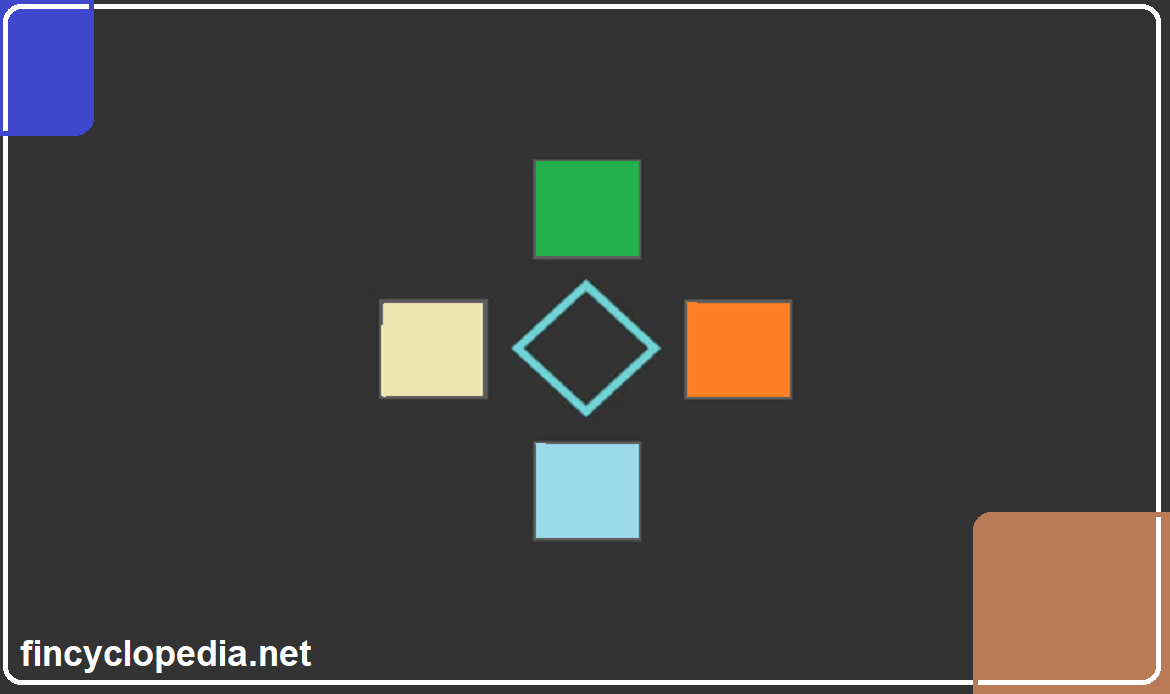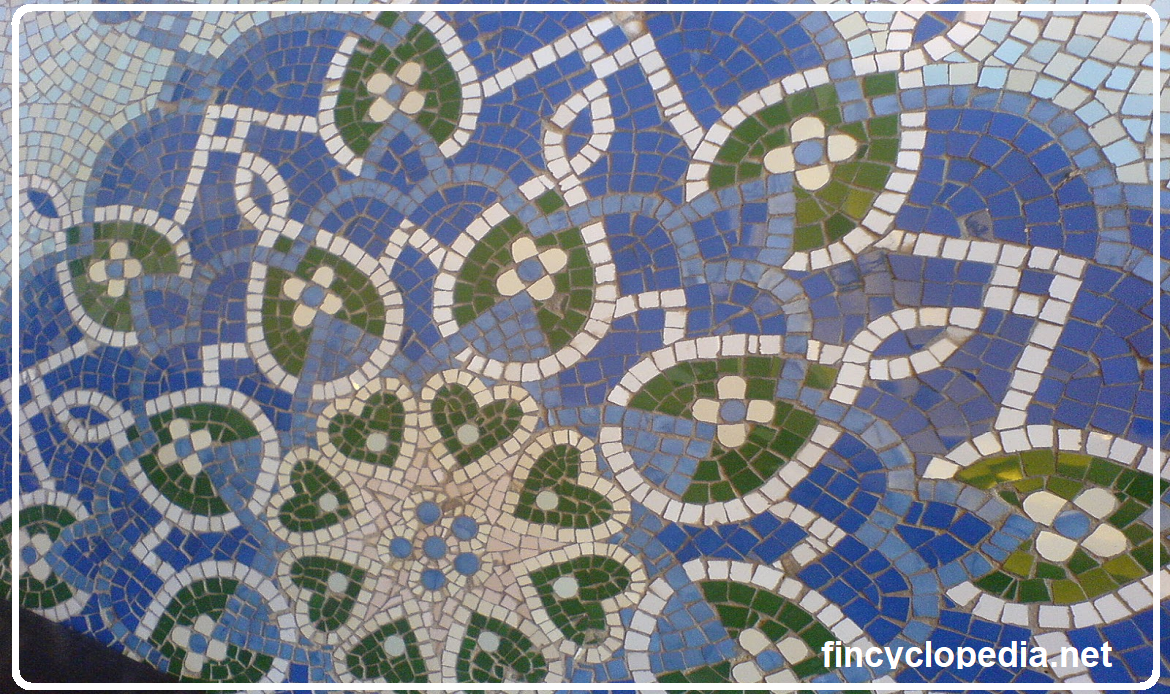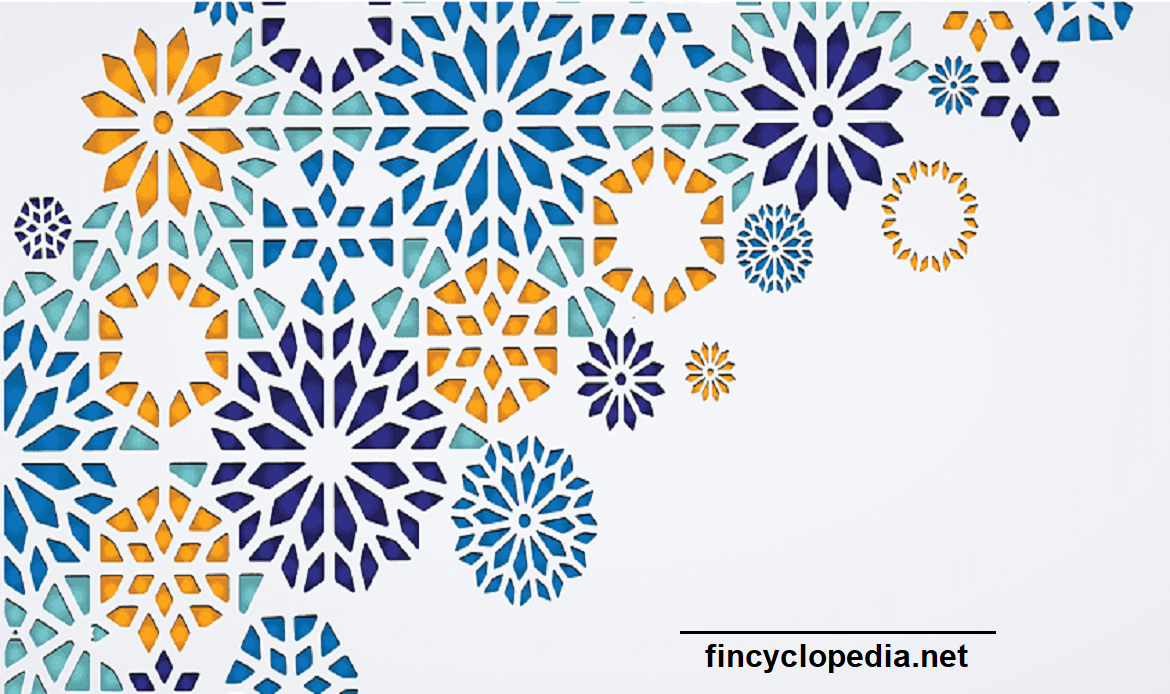Murabaha (also spelled murabahah) is a shari’a compatible mode of debt financing which involves the sale of a commodity mostly for a deferred price. The two parties to the contract are: a financier (usually an Islamic bank) and a client. In its business form, murabaha is initiated when a potential buyer orders a commodity to pay for it with a specified mark-up (profit). The seller accepts and accordingly procures the commodity. Once the commodity is legally possessed by the seller, the buyer is asked to purchase it and takes delivery. As such, the commodity must exist at the time of contract, and must be owned by the seller at that time whether via constructive (qabd hukmi) or physical possession (qabd fe’eli). Furthermore, quality and quantity must be defined in clear-cut terms, and the exact date and method of delivery must also be specified.
Murabaha transactions shall not be concluded on a revolving basis (see: revolving murabaha) between the same contracting parties on the same asset. However, the revolving facility of murabaha may be concluded between the same contracting parties using separate contracts on different assets. For example, suppose a master murabaha agreement to provide working capital financing facility at a mark-up of 10% per year for a 3-year term was concluded between an Islamic bank and its customer in February 2013. The following transactions were entered into in the first year:
- A murabaha financing of 10,000 dinars was provided and used to purchase office equipment at a markup of 10%. The transaction was entered into in March 2013, with parties agreeing that the amount of murabaha shall be paid in one year.
- Murabaha financing of 7,000 dinars was provided and used to purchase office supplies at a markup of 10%. The transaction was concluded in May 2013, with a repayment term of one year.
- The customer paid 10,250 dinars to prematurely settle the murabaha financing of 10,000 dinars with 25% rebate on profit. The payment was received three months earlier in December 2013.
- Murabaha financing of 13,000 dinars was provided and used to purchase furniture at a markup of 5%. The transaction was executed in October 2013 to be repaid in 6 months.
In May 2014, full payment was received for financing in May 2013. However, the customer asked for the transaction in October 2013 to be rescheduled. Thus, the bank purchased the furniture and sold it anew at the same markup to the customer. This transaction does not meet shari’a stipulations for murabaha. The purchase and resale of the furniture to the customer on a rescheduled basis is impermissible as the same asset is used and the transaction amounts to a revolving line of credit in its conventional sense.






